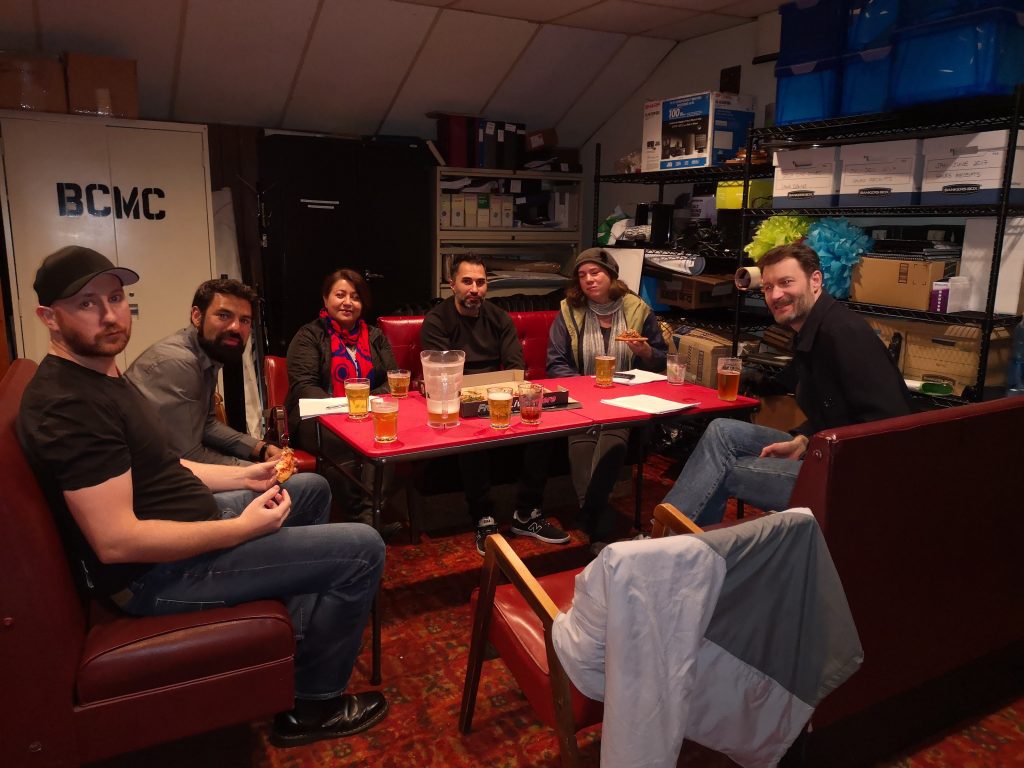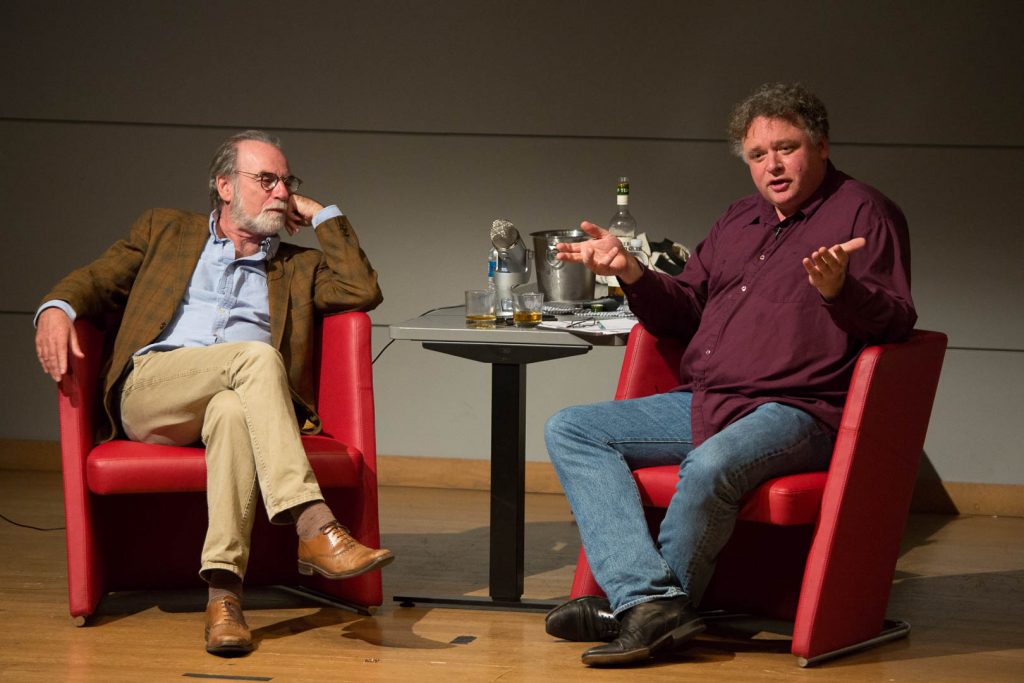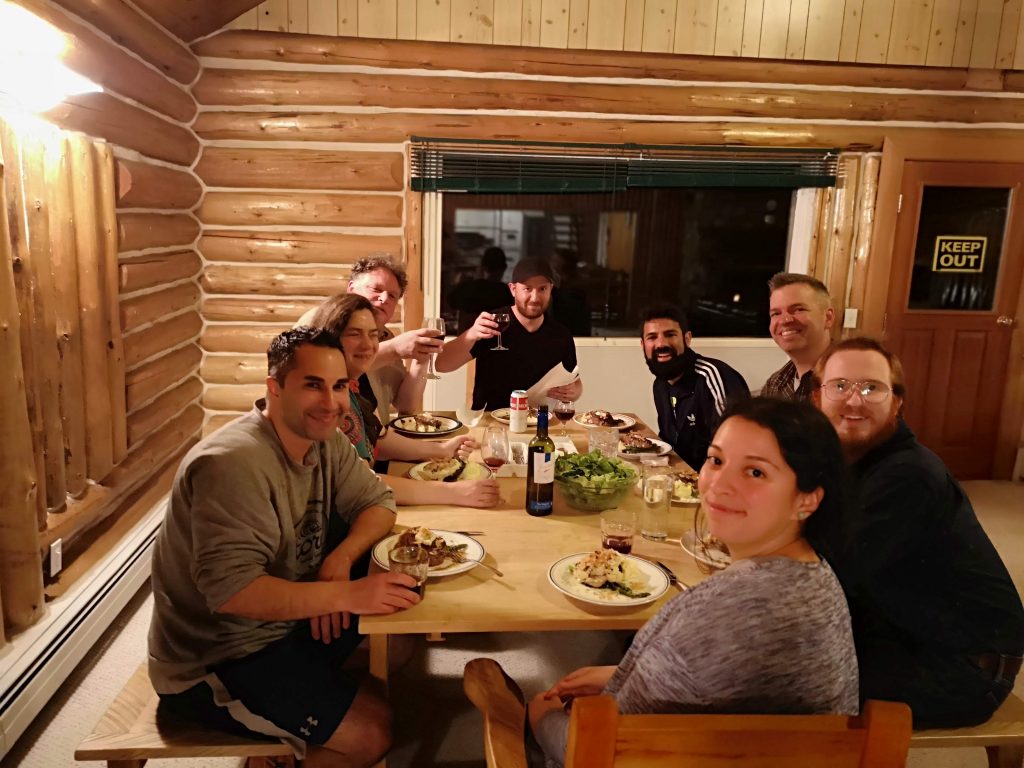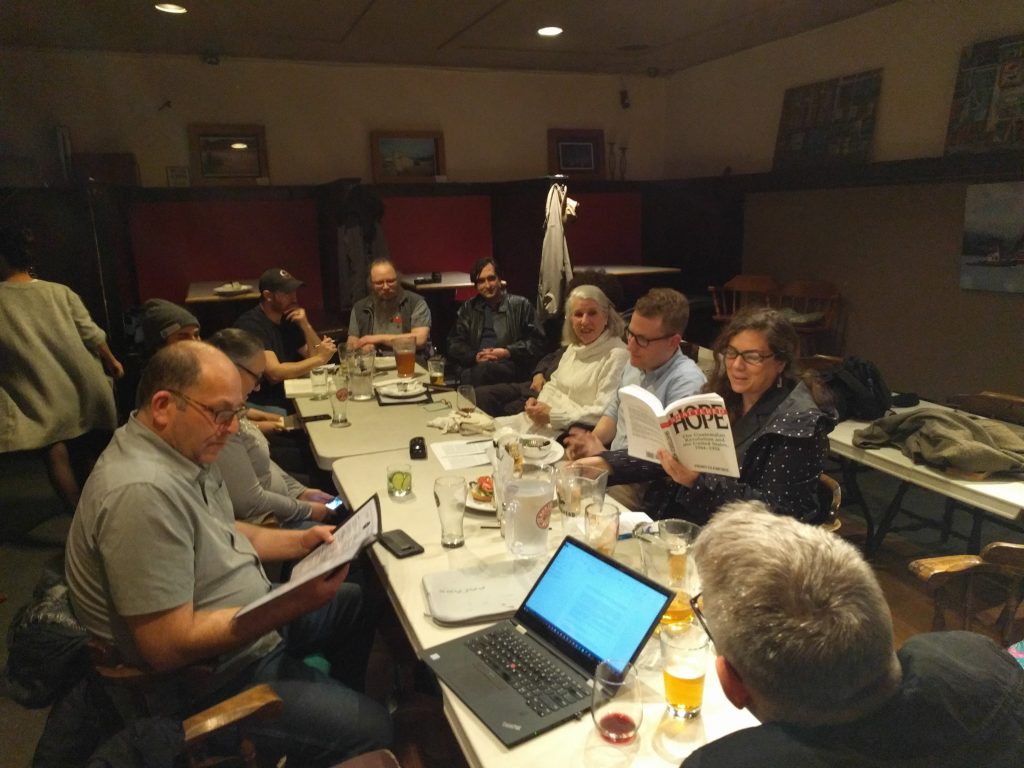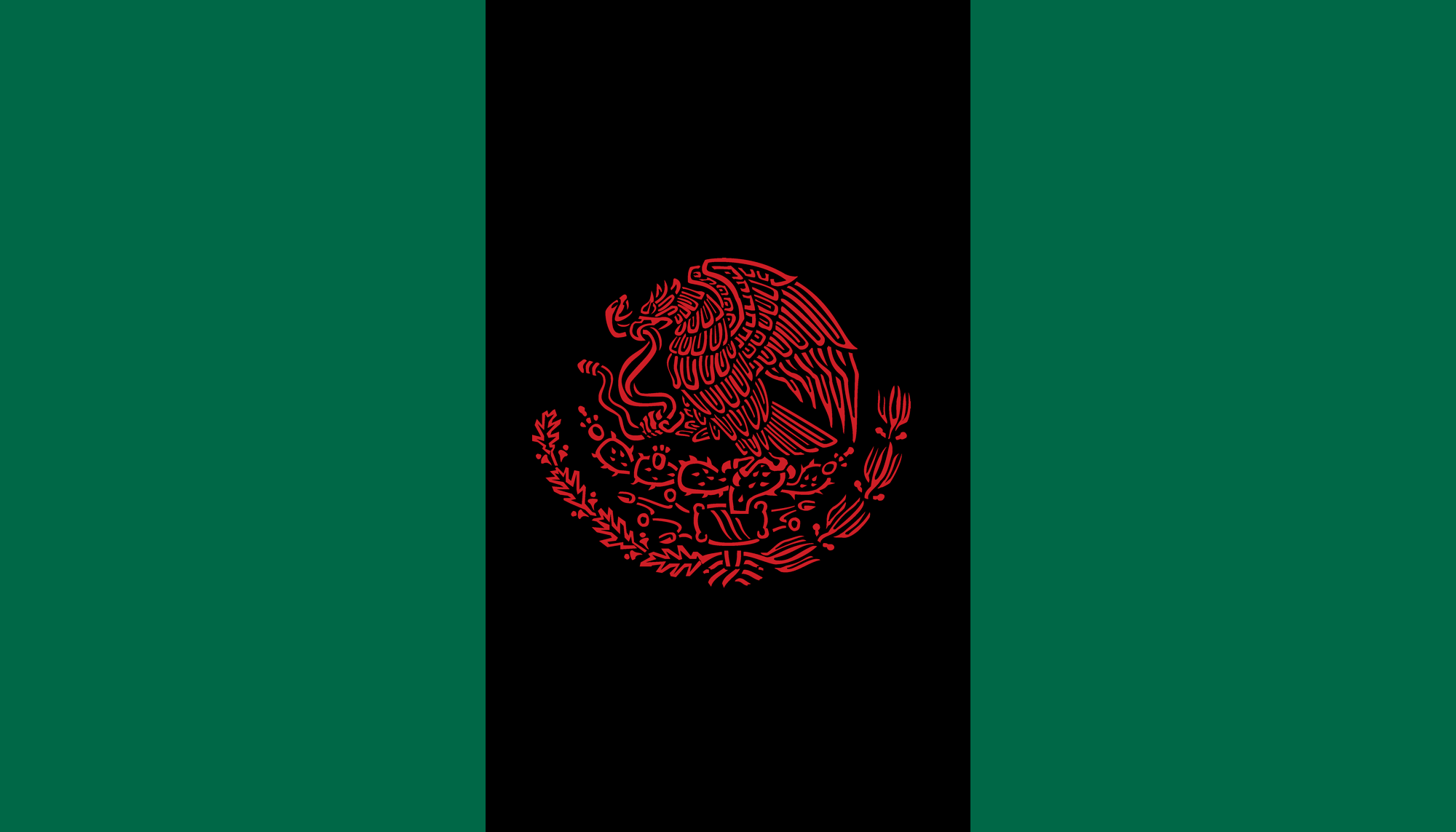
Instructor: Stuart Parker
Course Objectives
In 1971, George Manuel, head of the Indian Brotherhood, the entity that today is known as Canada’s Assembly of First Nations, issued a joint statement with the Tanzanian ambassador to Ottawa, Mbuto Milando. While there are variations in its definition, it has come to refer to all people, globally who fall into the category “Indigenous” or “aboriginal.”
The Fourth World, in its original formulation, referred to people who remained colonized following decolonization (the process whereby colonies of European empires were granted independence between 1945 and 1982). The announcement was immediately controversial because it appeared to pertain to the Biafran Independence struggle of the Igbo people who lived not in a white settler state but a decolonized state under black majority rule.
Today, United Nations agencies recognize many Indigenous peoples who find themselves in widely disparate political circumstances, from Bolivia, where the Indigenous majority have gained political control of the country through majority rule to the Arctic where Indigenous majorities in Greenland and Nunavut enjoy limited autonomy to Botswana where the San people are consigned to protection as quasi-wildlife in the country’s largest national park.
This course will examine the idea of Indigeneity and consider multiple possible definitions for the term from narrow to broad, from regional to global, from cultural to material. This will assist participants in placing Canada’s Indigenous land question in a global context and reconsidering it based on a broader optic.
Difficulty Level
This course’s lecture content requires no prior specialized knowledge and is based on general knowledge widely available to any high school graduate who keeps up with the news. We will not be using any academic articles for core course functions, although students may request texts on which articles are based that they can peruse in their own time.
Texts
This course will be light on texts but will consider some important documents such as the original Fourth World Declaration.
Class Schedule
Classes will run on Mondays and Wednesdays each week and will run from early November to mid-December. They will take place at 11:30am Pacific/2:30pm Eastern/7:30pm Greenwich. The course may be canceled if it does not meet a minimum registration threshold. If that happens, participants will be refunded their money.
| Date | Topic |
| November 7th | From the Pleistocene to the Polynesians: First peoplehood and migration |
| November 9th | “The blameless Ethiopians who still dine with the Gods:” ancient discourses of Indigeneity |
| November 14th | From the Canaries to Caliban: early modern ideas of Indigeneity |
| November 16th | Las Casas vs. Sepulveda: the debate that created the “American Indian” and enslaved Africans |
| November 21st | The Arctic and Indigeneity: from the Sami and Inuit conquests to the Frobisher expedition |
| November 23rd | The Polynesian and Bantu conquests of the Middle Ages |
| November 28th | From Pontiac to Wovoka: the rise of American Pan-Indianism |
| November 30th | Indigenous peoples and the rise of the white settler states from Ottawa to Auckland |
| December 5th | Indigeneity and independence: First peoples and nationalist discourse in Egypt and Taiwan |
| December 7th | The Fourth World Declaration: Canada takes centre stage |
| December 12th | From the Longest Walk to Neo-Zapatismo: the American Pan-Indian Resurgence |
| December 14th | Post Cold War global Indigenous solidarity |
| December 19th | What is the Fourth World: course conclusion |
